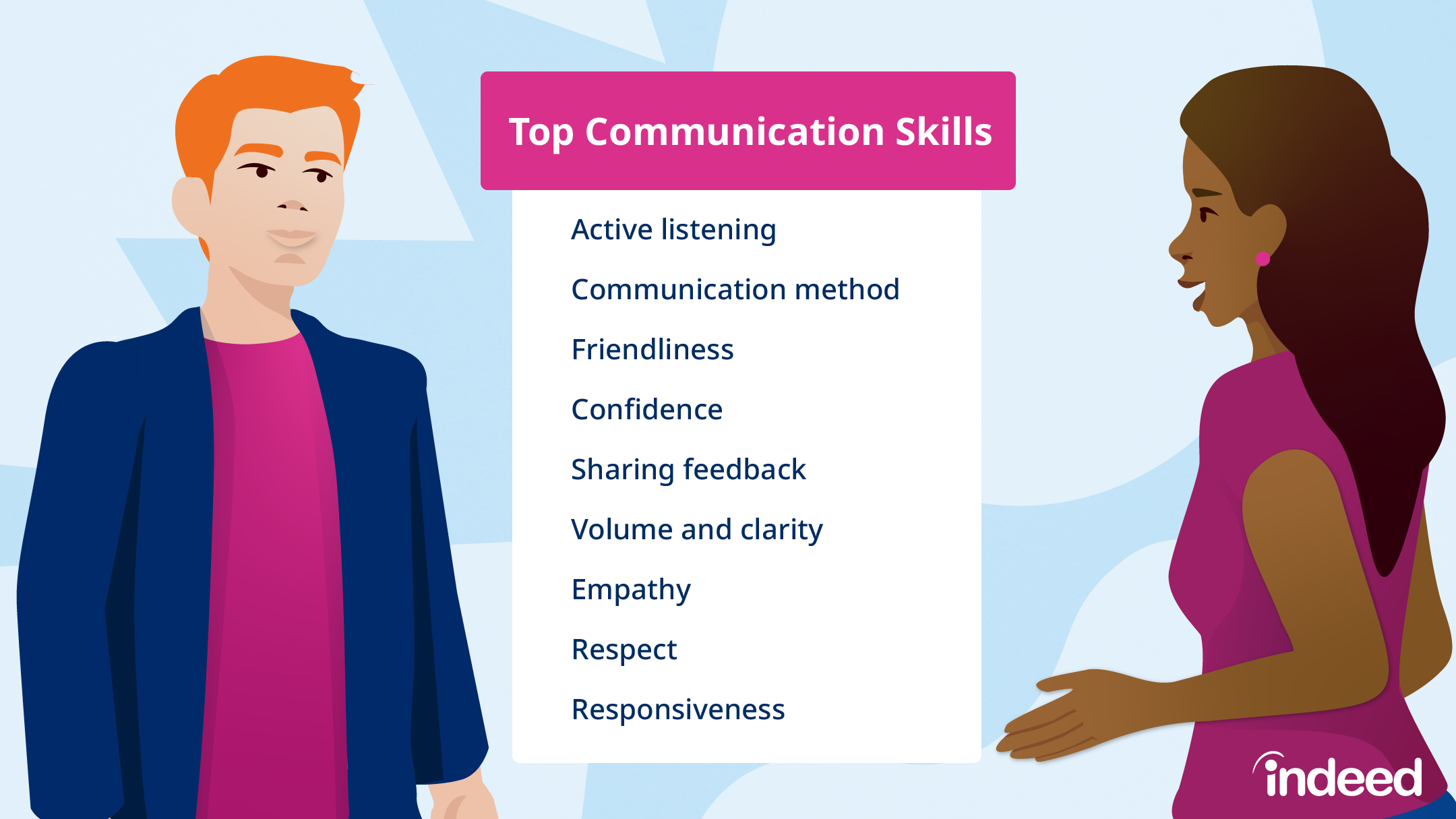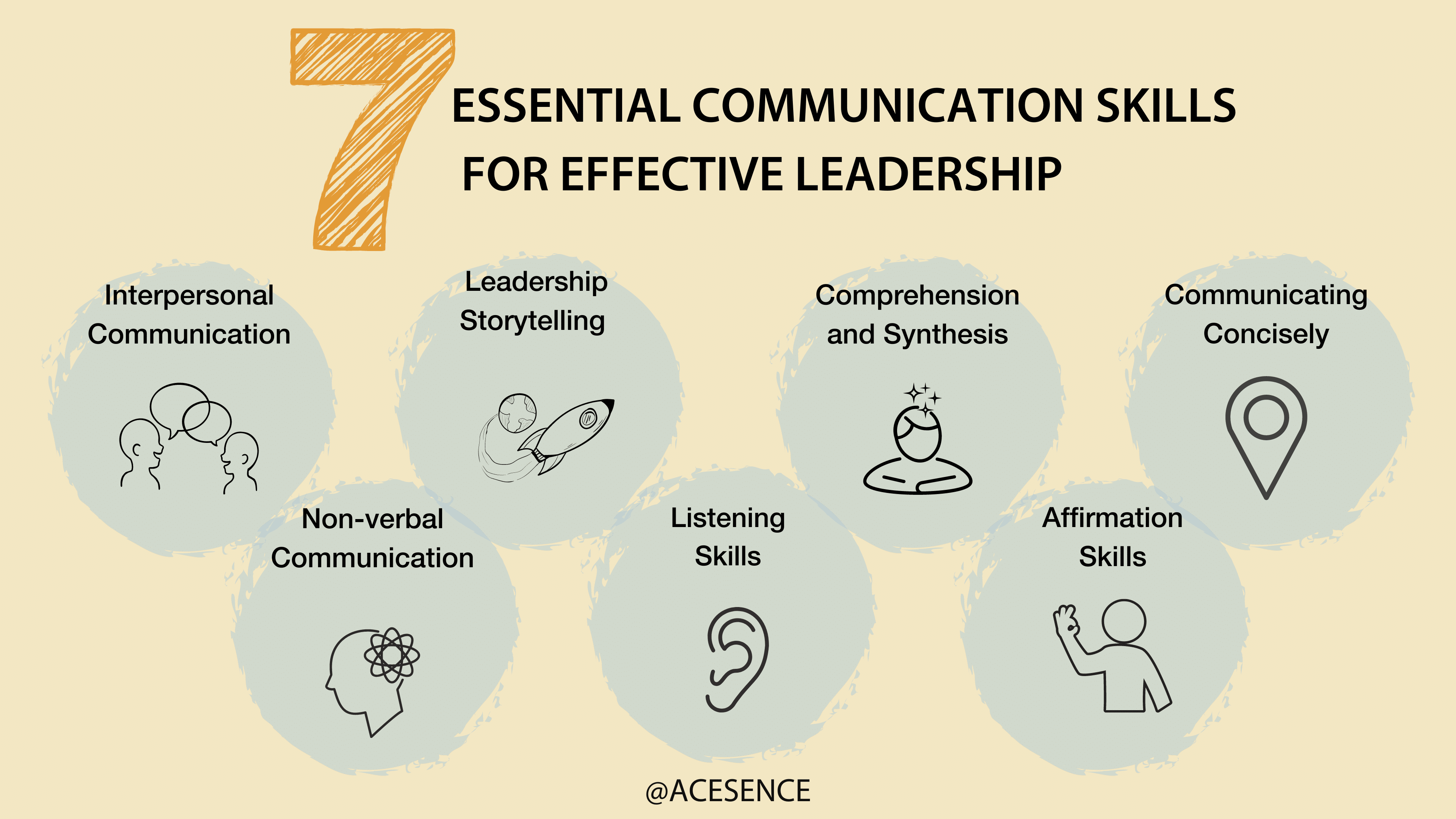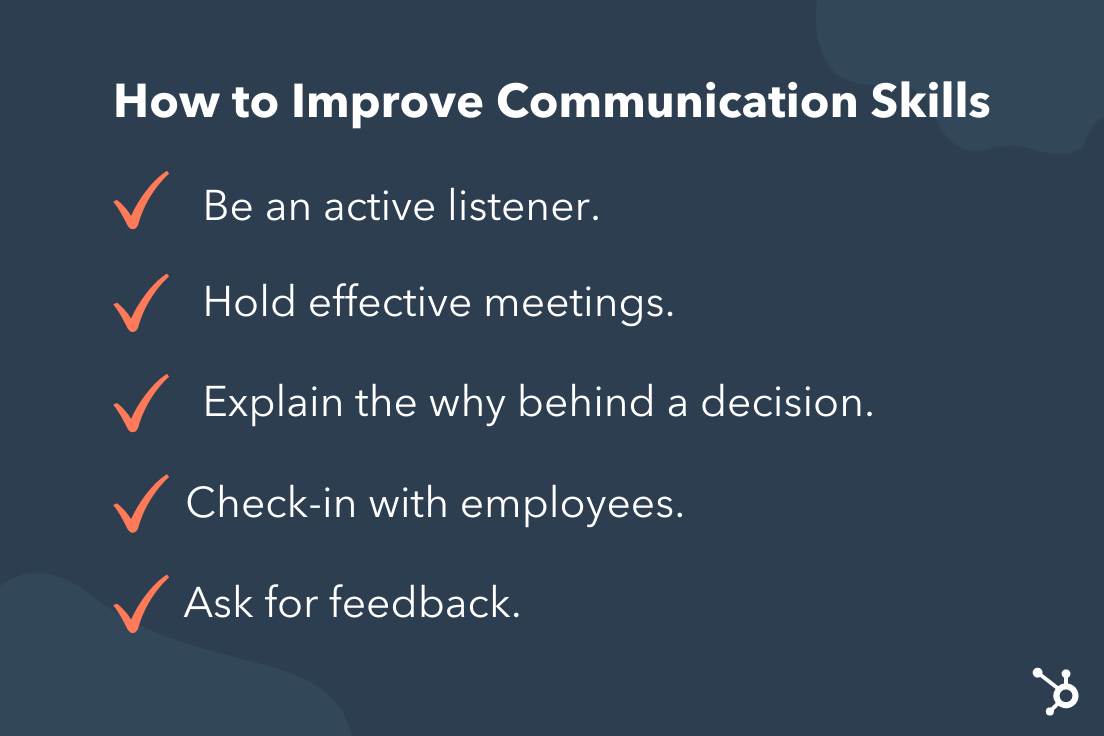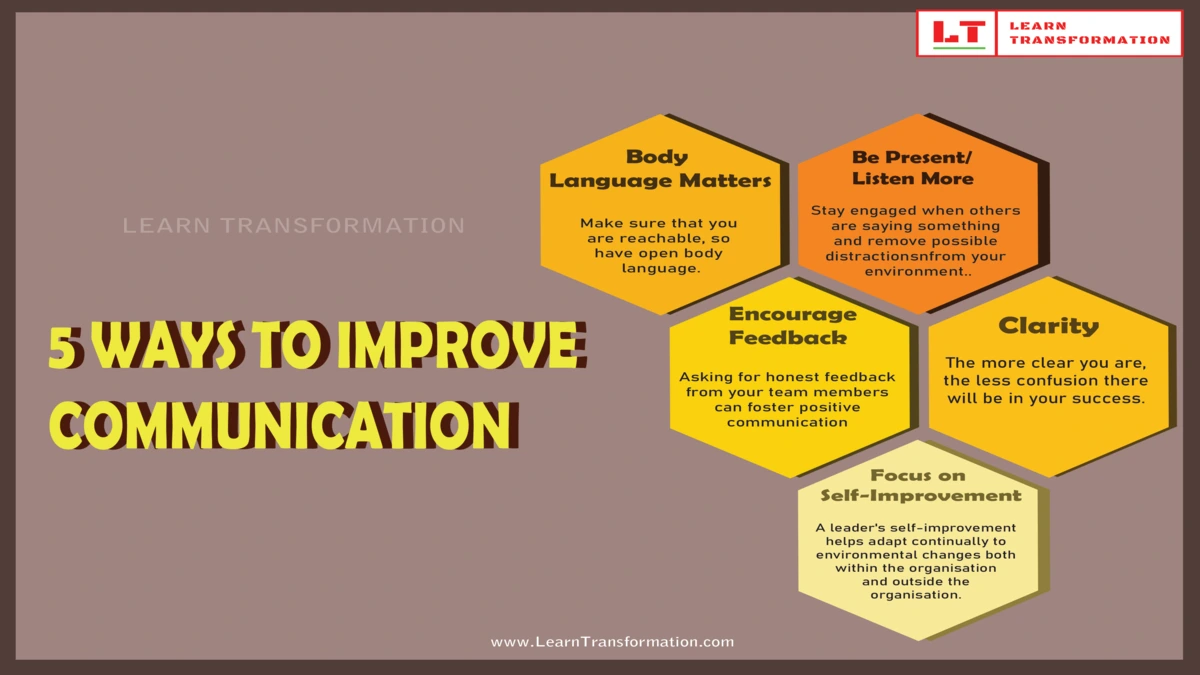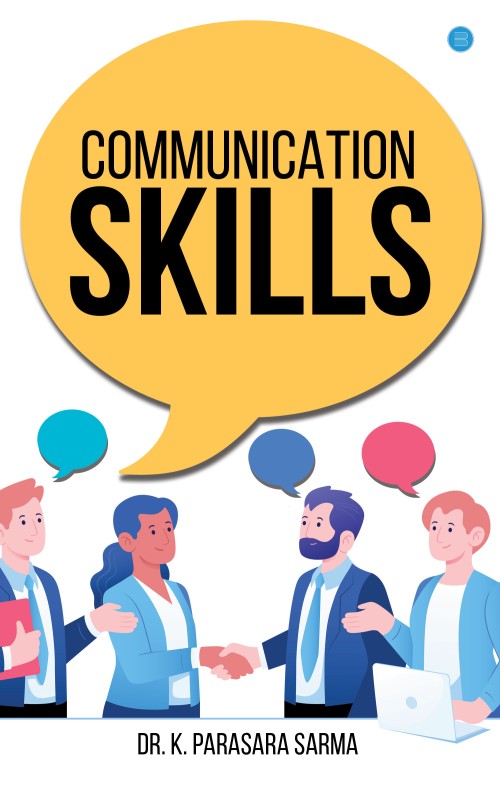Developing My Communication Skills

In today's hyper-connected and increasingly complex world, effective communication isn't just a desirable soft skill; it's a fundamental requirement for success in nearly every facet of life. From navigating professional collaborations to fostering personal relationships, the ability to articulate thoughts clearly, listen attentively, and understand diverse perspectives is paramount.
This article delves into the multifaceted nature of communication skill development, exploring its significance in both personal and professional contexts, highlighting proven strategies for improvement, and examining the impact of technological advancements on how we communicate.
The Crucial Role of Communication
Effective communication serves as the bedrock of successful relationships, organizations, and even societies. When communication breaks down, misunderstandings arise, conflicts escalate, and productivity plummets.
Conversely, strong communication fosters trust, collaboration, and innovation. Individuals with refined communication skills are better equipped to lead teams, negotiate deals, resolve disputes, and build lasting connections.
Forbes highlights in a recent article that companies with high communication effectiveness report 4.5 times higher employee retention rates. It underscores the crucial link between internal communication and employee satisfaction.
Strategies for Skill Enhancement
Improving communication skills is an ongoing process that requires self-awareness, deliberate practice, and a willingness to adapt. One key element is active listening, which involves fully concentrating on what the speaker is saying, both verbally and nonverbally.
This includes paying attention to body language, tone of voice, and underlying emotions. Avoiding interruptions and asking clarifying questions are also crucial components of active listening.
Another vital aspect is clear and concise articulation. This requires organizing thoughts logically, using precise language, and avoiding jargon or ambiguity.
Practicing public speaking, whether in formal presentations or informal settings, is an excellent way to hone verbal communication skills. Seeking feedback from trusted colleagues, mentors, or friends can provide valuable insights into areas for improvement.
The Power of Nonverbal Communication
Nonverbal cues, such as facial expressions, body posture, and eye contact, play a significant role in communication. Research suggests that nonverbal signals account for a substantial portion of the meaning we convey.
Being aware of your own nonverbal cues and learning to interpret those of others can significantly enhance your communication effectiveness. Understanding cultural differences in nonverbal communication is also essential in a globalized world.
According to a study published in the Journal of Nonverbal Behavior, congruent nonverbal cues (those that align with verbal messages) significantly increase trust and rapport.
Written Communication in the Digital Age
In the age of email, instant messaging, and social media, strong written communication skills are more important than ever. Writing clearly, concisely, and professionally is essential for conveying information effectively and maintaining a positive image.
Proofreading carefully for errors in grammar and spelling is crucial, as even minor mistakes can undermine credibility. Tailoring your writing style to the audience and purpose is also important.
Grammarly reports a significant increase in businesses implementing writing assistance tools to enhance the clarity and professionalism of internal and external communications.
The Impact of Technology
Technology has revolutionized the way we communicate, offering both opportunities and challenges. While digital tools can facilitate communication across distances and time zones, they can also lead to misunderstandings and misinterpretations.
It's crucial to be mindful of the limitations of digital communication and to choose the most appropriate channel for each situation. For example, complex or sensitive topics are often best addressed in person or via video conference, rather than through email or text message.
The rise of artificial intelligence (AI) is also transforming communication, with AI-powered tools being used to generate content, translate languages, and even analyze emotions.
Looking Ahead
The ability to communicate effectively will continue to be a highly valued skill in the years to come. As the world becomes increasingly interconnected and complex, individuals who can articulate their ideas clearly, listen attentively, and understand diverse perspectives will be best positioned for success.
Investing in communication skill development is an investment in your future. By embracing continuous learning, seeking feedback, and adapting to technological advancements, you can unlock your full communication potential.
Organizations are also realizing the importance of fostering a culture of open communication and providing employees with opportunities to enhance their communication skills. This commitment will likely increase as Harvard Business Review reports a direct correlation between investment in employee communication training and increased company profitability.



